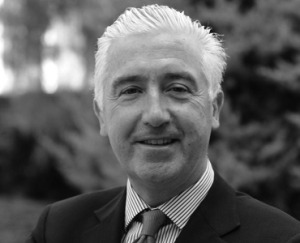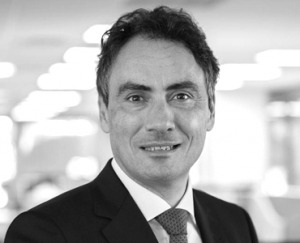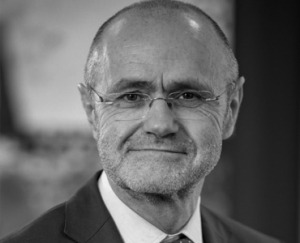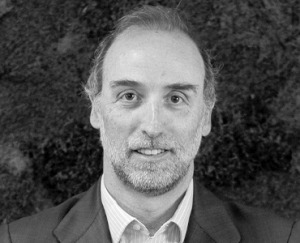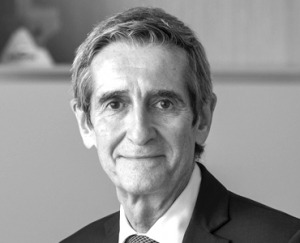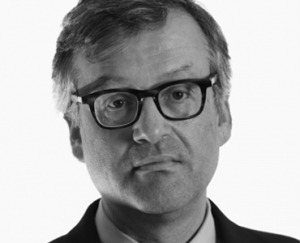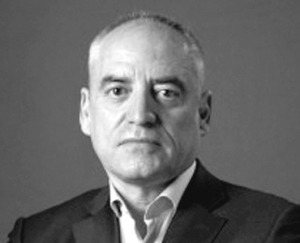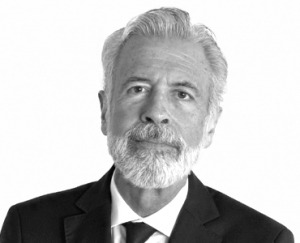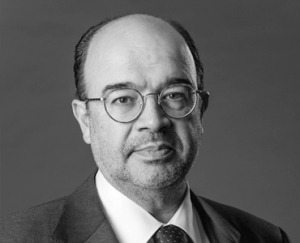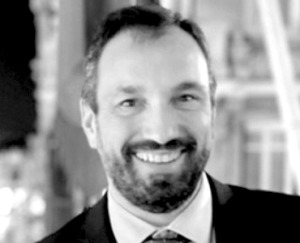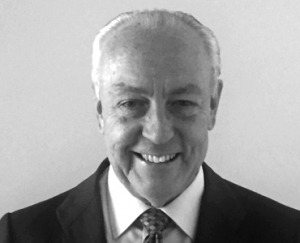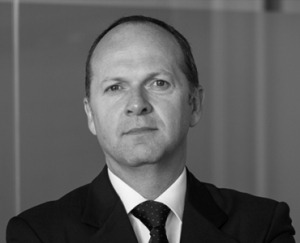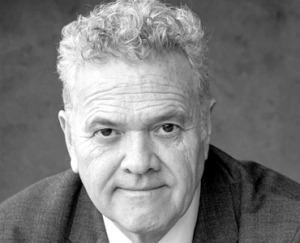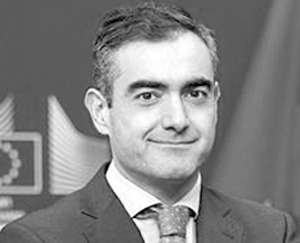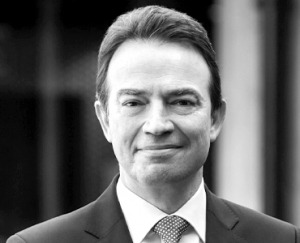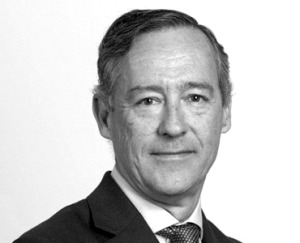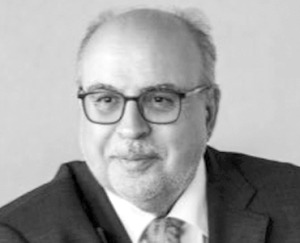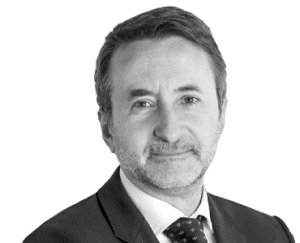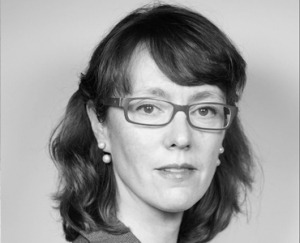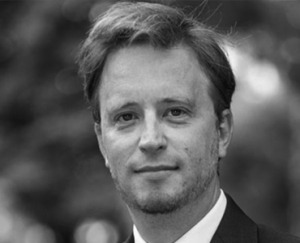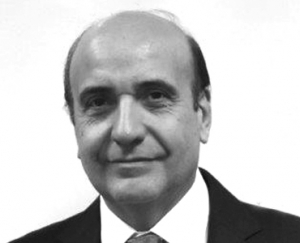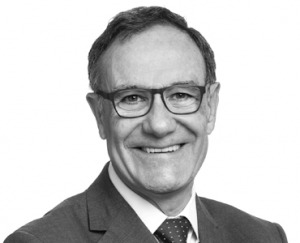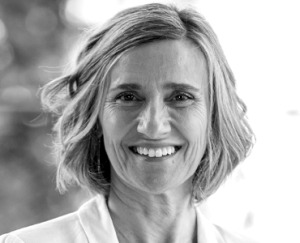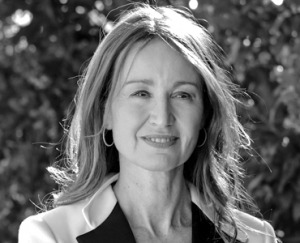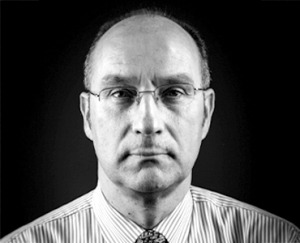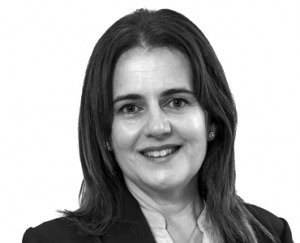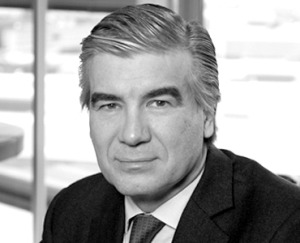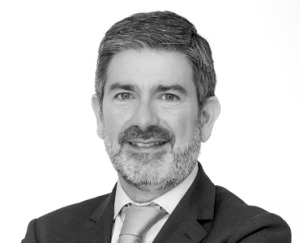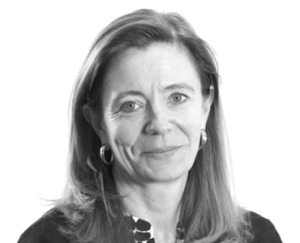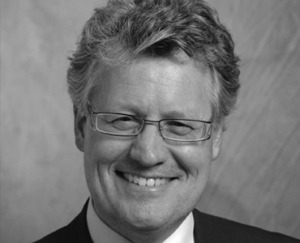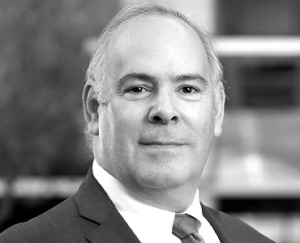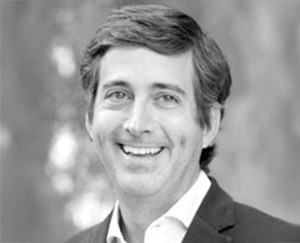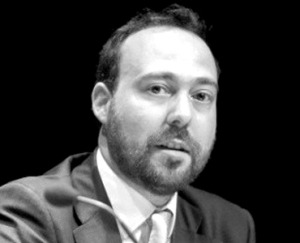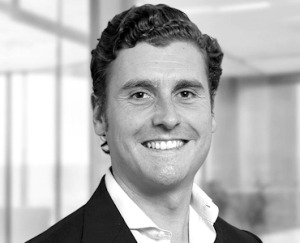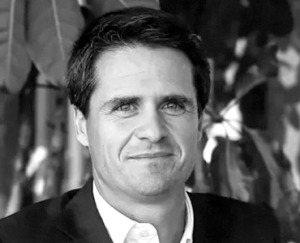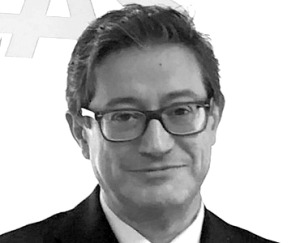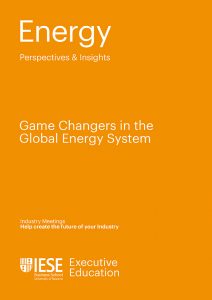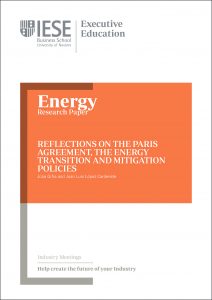The Energy Transition Between the World of Yesterday and Today
10 Years After COP21
Looking back at that 2015 Paris meeting, the global energy landscape has changed dramatically. Countries were then classified according to their contribution to greenhouse gas emissions: declining emitters such as the United States and the European Union, growing emitters such as China and India, and countries with low emissions. Today, China leads global emissions by accounting for 32%, thus exceeding the combined emissions of the US, the EU, India and Russia. Although China invests more than any other country in renewable and nuclear energy, it still has an alarming dependence on coal, which is used to generate 61% of its electricity. This reflects an “energy addition” model rather than a true transition.
Electrification is key to the energy transition, but faces major challenges. In Spain, decarbonization of electricity reached 80% in 2024, but electricity consumption has been flat for 20 years and barriers for new consumers are limiting progress. Oil’s share in the primary energy matrix is still locked in at 45%, thus hindering decarbonization goals. Defossilized liquid and gas energy vectors are therefore necessary, i.e., vectors of the same molecules, but that are bio-based or synthetic in origin. The progress made by the operators involved is relevant, but their current social acceptance is merely the result of the lack of competition. Moreover, the future of nuclear power in Spain is uncertain compared to renewed commitments in the United Kingdom and France.
At the global level, the EU finds itself caught between two major powers: the US and China. Thanks to fracking, the US is the world’s largest producer of oil and natural gas, which it exports at competitive prices. Meanwhile, China combines heavy coal use with Russian gas imports, thus ensuring a robust energy supply. This situation places the EU at a disadvantage due to higher energy costs and a reliance on external resources.
However, Spain and Portugal have the potential to lead Europe’s electricity supply, provided they can improve their infrastructure and institutional trust. Nonetheless, events such as the April 2025 blackout and growing institutional distrust cast doubt on such progress.
Climate change remains a pressing challenge that calls for worldwide cooperation. While the EU moves toward achieving carbon neutrality by 2050, many critical technologies are still in early stages of development. Furthermore, events such as the potential weakening of the Gulf Stream system could have devastating consequences. The lack of coordinated action at the international level, especially by major emitters such as the US and China, further complicates the situation.
In this context, the energy transition should not only focus on electrification, but also on defossilization using vectors such as hydrogen and ammonia. History shows that climate has always shaped human development. Addressing this challenge therefore requires urgent, coordinated action.
Some Conclusions
- Climate is a very serious issue. Mitigation policies and adaptation policies are therefore crucial. Mitigation must be implemented globally while adaptation takes place locally.
- The EU may not succeed in reaching net zero by 2050 for technological, economic and political reasons. Do we have a clear grasp of the implications of this? Do we have a plan B? Whose approach is better? Draghi’s or Letta’s?
- Europe may be largely on its own when it comes to tackling this key global endeavor. The shift away from fossil fuels may take much longer than anticipated. The International Energy Agency has identified many essential technologies that are still in very early development stages.
- However, climate has been a decisive factor throughout history, even when 8.1 billion people were not living in crowded communities along every coast and river in the world.
All this will be discussed at our next meeting at 23 IESE Energy at IESE.


![23-ENERGY-1500x430[57]](https://industrymeetings.iese.edu/wp-content/uploads/23-ENERGY-1500x43057-1.png)


